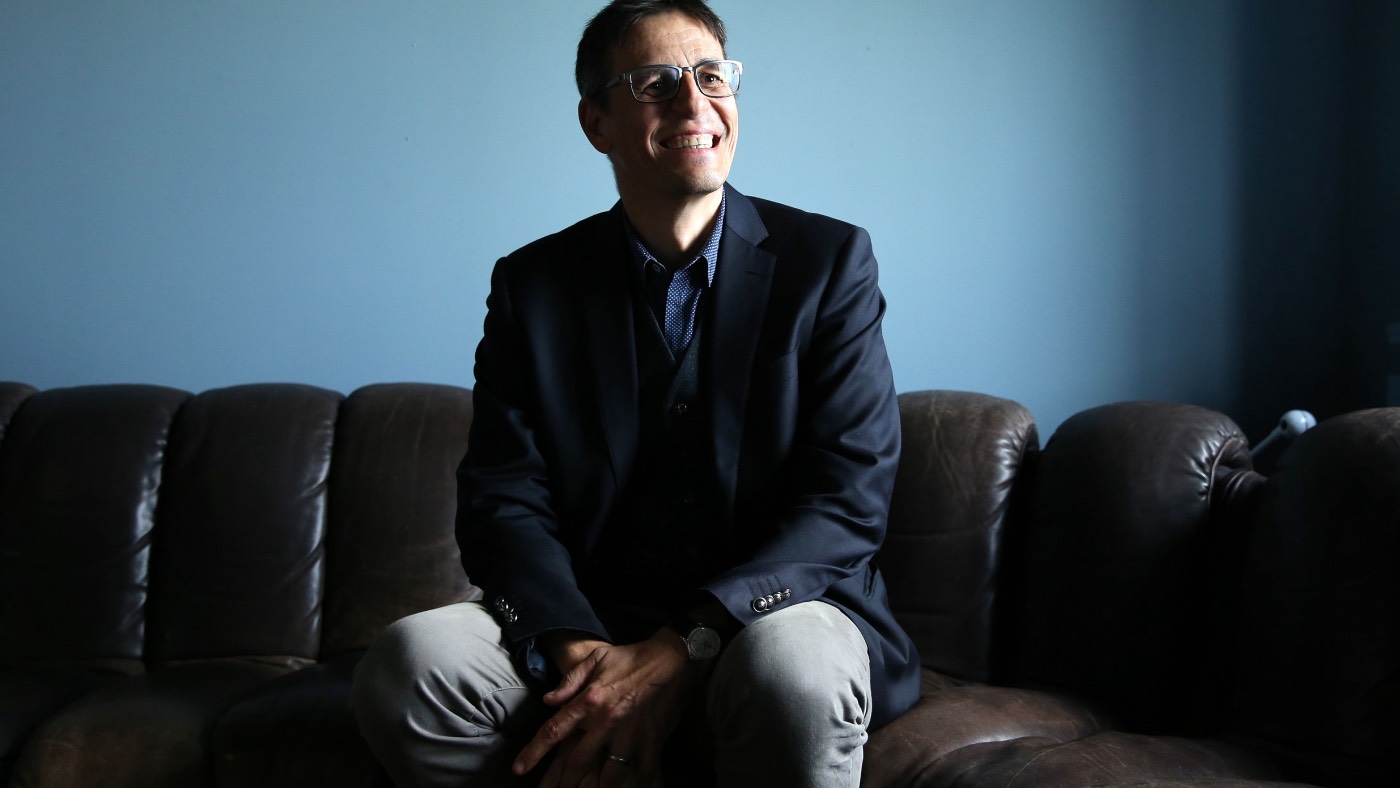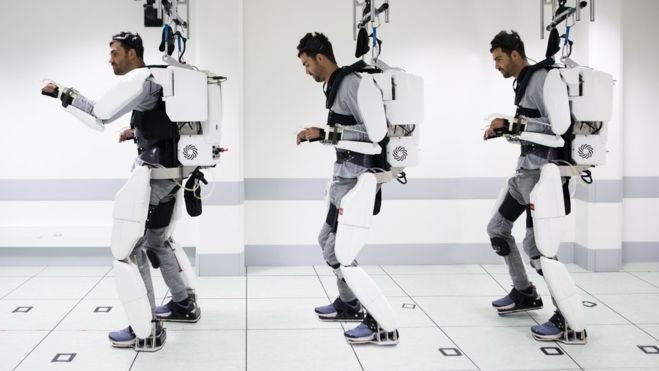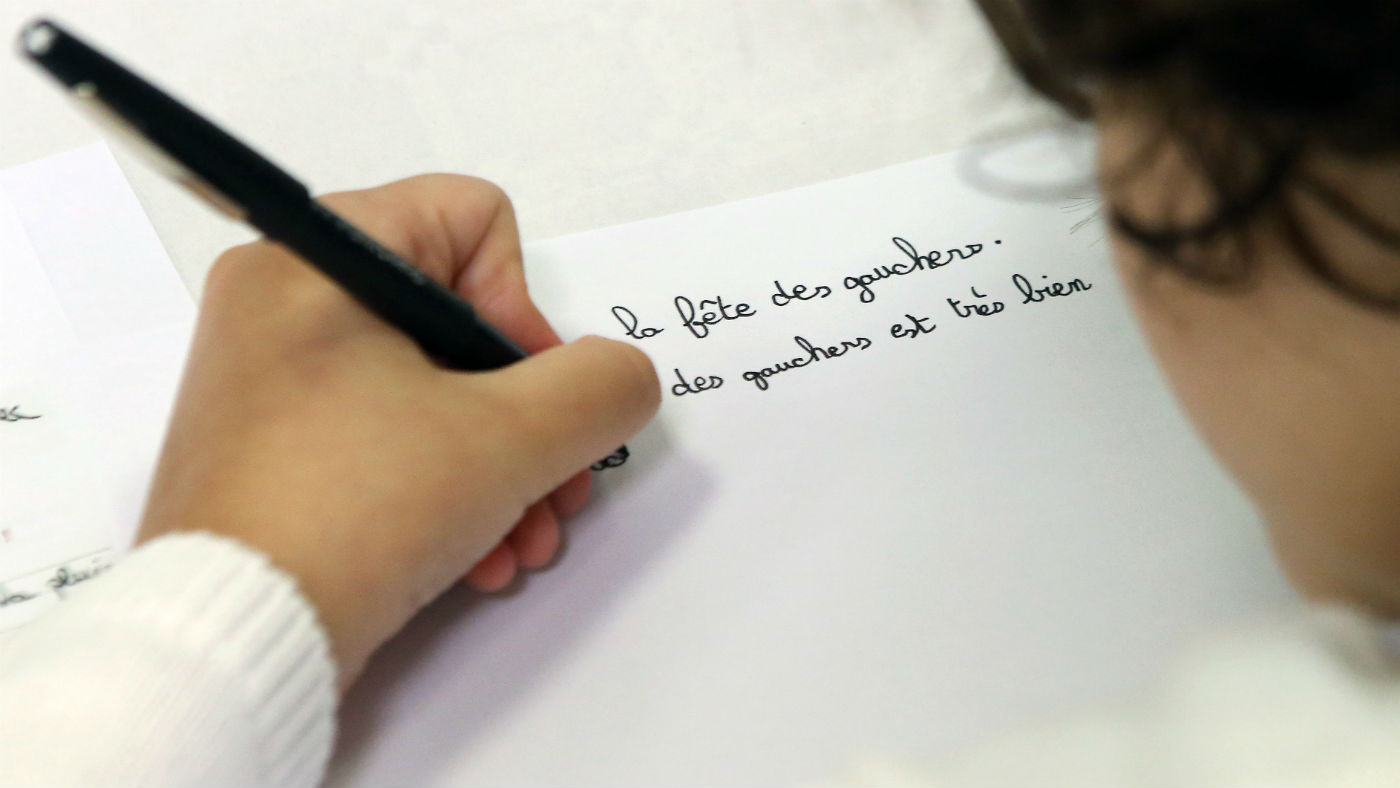Will ancient scrolls damaged by Vesuvius be read again?
Scientists believe they have developed technology to see what is on the famous scrolls

A free daily email with the biggest news stories of the day – and the best features from TheWeek.com
You are now subscribed
Your newsletter sign-up was successful
Scientists believe they have discovered the technology to read the charred and blackened scrolls left behind after Mount Vesuvius erupted in AD 79.
Two complete scrolls and four fragments were buried and carbonized by the eruption of Mount Vesuvius and are too fragile to be opened. They came from the so-called Herculaneum library, the only one surviving from antiquity.
Experts hope that the delicate documents can once more be read thanks to an innovative approach involving high-energy x-rays and artificial intelligence, reports The Guardian.
The Week
Escape your echo chamber. Get the facts behind the news, plus analysis from multiple perspectives.

Sign up for The Week's Free Newsletters
From our morning news briefing to a weekly Good News Newsletter, get the best of The Week delivered directly to your inbox.
From our morning news briefing to a weekly Good News Newsletter, get the best of The Week delivered directly to your inbox.
The documents have been examined by the synchrotron, a particle accelerator in which beams travel around a closed-loop path to produce light many times brighter than the sun.
“The idea is essentially like a CT scanner where you would take an image of a person, a three-dimensional image of a person and you can slice through it to see the different organs,” Laurent Chapon, physical science director of Diamond Light Source, told Euronews.
The experts shine intense light through the scroll to detect images on the other side so they can read it in a non-destructive manner.
–––––––––––––––––––––––––––––––For a round-up of the most important stories from around the world - and a concise, refreshing and balanced take on the week’s news agenda - try The Week magazine. Get your first six issues for £6–––––––––––––––––––––––––––––––
A free daily email with the biggest news stories of the day – and the best features from TheWeek.com
The documents are steeped in history: the villa in which they were found is thought to have been owned by the father-in-law of Julius Caesar, the Roman dictator assassinated in 44 BC.
So academics are naturally thrilled by the news. “The library at Herculaneum was the only library that survived from antiquity and because of that the material inside is extremely valuable,” said Brent Seales, professor of computer science at Kentucky University.
“Texts from the ancient world are rare and precious, and they simply cannot be revealed through any other known process.”
He believes that the scrolls will feature writings about “Greek philosophy around Epicureanism, which was a prevailing philosophy of the day”.
-
 What to know before filing your own taxes for the first time
What to know before filing your own taxes for the first timethe explainer Tackle this financial milestone with confidence
-
 The biggest box office flops of the 21st century
The biggest box office flops of the 21st centuryin depth Unnecessary remakes and turgid, expensive CGI-fests highlight this list of these most notorious box-office losers
-
 What are the best investments for beginners?
What are the best investments for beginners?The Explainer Stocks and ETFs and bonds, oh my
-
 Richard Branson’s Virgin Galactic and Jeff Bezos’s Blue Origin: the new space race?
Richard Branson’s Virgin Galactic and Jeff Bezos’s Blue Origin: the new space race?Speed Read Branson has declared space open for business. Is that still a pie in the sky?
-
 Russia and China joining forces to build first Moon base
Russia and China joining forces to build first Moon baseSpeed Read Lunar pact represents ‘all kinds of security threats’ to UK and US, expert warns
-
 Mystery of where Stonehenge stones came from finally solved
Mystery of where Stonehenge stones came from finally solvedSpeed Read But how the builders moved the huge stone megaliths to the Salisbury site remains a mystery
-
 How chimpanzee ‘lip smacking’ can unlock mystery behind human speech
How chimpanzee ‘lip smacking’ can unlock mystery behind human speechSpeed Read New study reveals rhythm of great apes’ communications is identical to spoken language
-
 Scientists discover new variety of black hole
Scientists discover new variety of black holeSpeed Read Astronomers had previously missed entire class of dead star
-
 Trio win Nobel physics prize for work to understand cosmos
Trio win Nobel physics prize for work to understand cosmosSpeed Read The scientists were hailed for ‘ground-breaking’ discoveries
-
 Quadriplegic man walks using mind-reading robotic exoskeleton
Quadriplegic man walks using mind-reading robotic exoskeletonSpeed Read Robo-suit hailed as huge step forward for paralysed patients
-
 Are left-handed people genetically smarter?
Are left-handed people genetically smarter?Speed Read Variants in newly identified gene show differences in brain structure which could result in better verbal skills